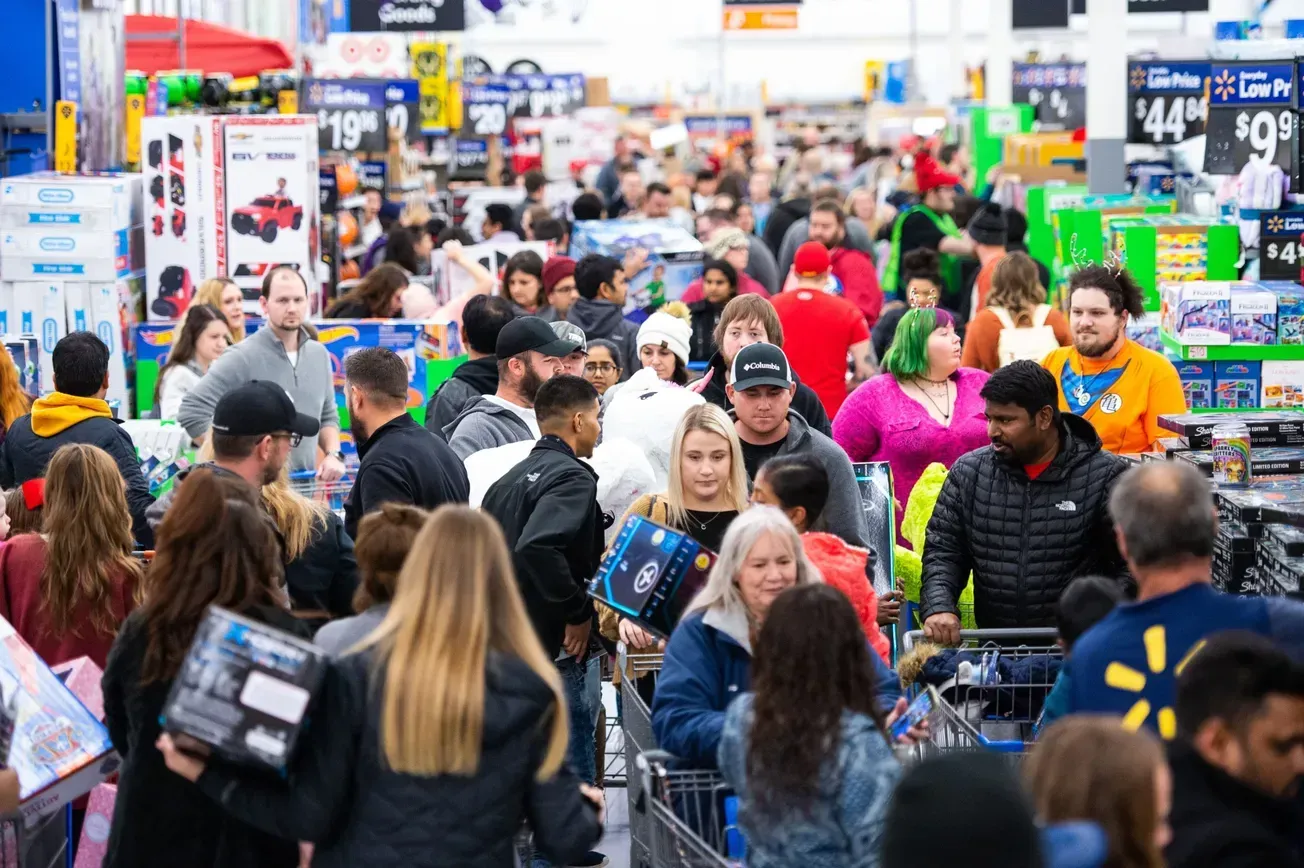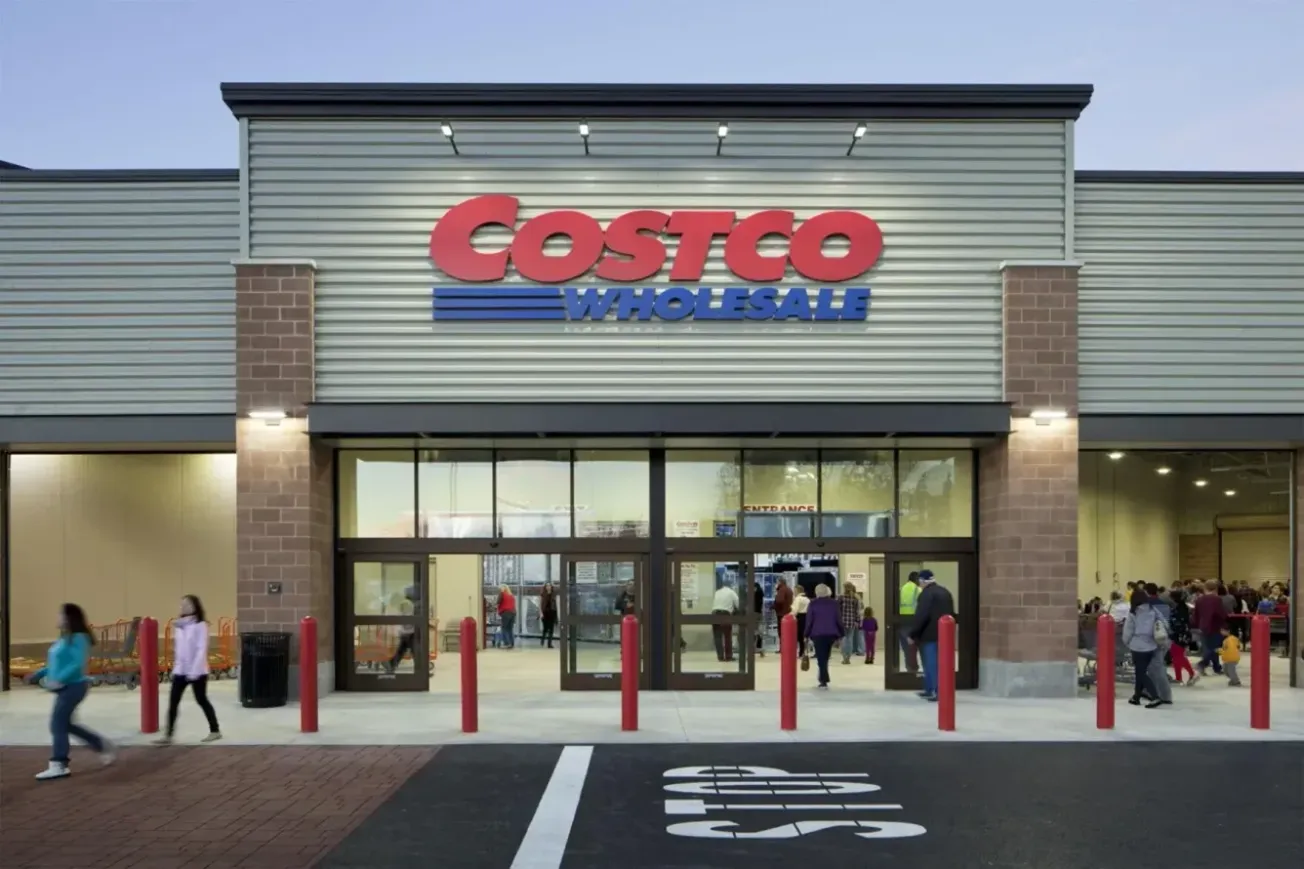NEW YORK — Lidl, the latest German discount supermarket chain to looking to gain a foothold in the U.S. grocery market, will open the first nine of 20 locations on the East Coast on June 15. The company announced plans for ribbon-cutting ceremonies followed by four-day grand-opening celebrations at each of the nine stores.
Five of the store locations are in North Carolina (Winston-Salem, Greenville, Sanford, Kingston, and Rocky Mount), two are in South Carolina (Spartanburg and Greenville) and two are in Virginia (Hampton and Virginia Beach). The German discount grocer plans to have about 100 stores along the East Coast by year’s end.
As part of the grand opening of the stores, Lidl will be offering limited-time deals as well as free product samples and gifts such as a reusable Lidl shopping bag while supplies last. The first 100 shoppers arriving at each location will have the chance to win a Lidl gift card valued at $100.
The retailer’s major strategy is to price its products up to 50% below its competitors. In-house brands will account for 90% of the retailer’s products.
“The is right time for us to enter the United States,” Brendan Proctor, president and chief executive officer for U.S. operations, told Reuters at a recent media event here. “We are confident in our model. We adapt quickly, so it’s not about whether a market works for us but really about what we will do to make it work,” he added.
“Every day in our stores, customers will enjoy the smell of Lidl’s freshly baked breads, a selection of sustainable product, such as our certified fresh and frozen fish and top-quality wines from around the world, available at market-beating prices,” Proctor remarked. “Our mission every day is to deliver our customers less complexity, lower prices, better choices and great confidence,” he added.
Proctor reported that these stores will create a unique experience for American shoppers. He also told The Washington Post that a typical Lidl store in the U.S. will encompass up to 36,000 square feet of shopping space, about 35% larger than the chain’s biggest stores in Europe. The company is hoping to benefit from the current trend among supermarket retailers to get smaller, become more efficient and be closer to the customer.
The company said that 80 more locations will follow in the U.S. within the first year, and Proctor said those stores would create more than 5,000 jobs. Analysts estimate the company will have more than 330 stores in the U.S. by 2020.





